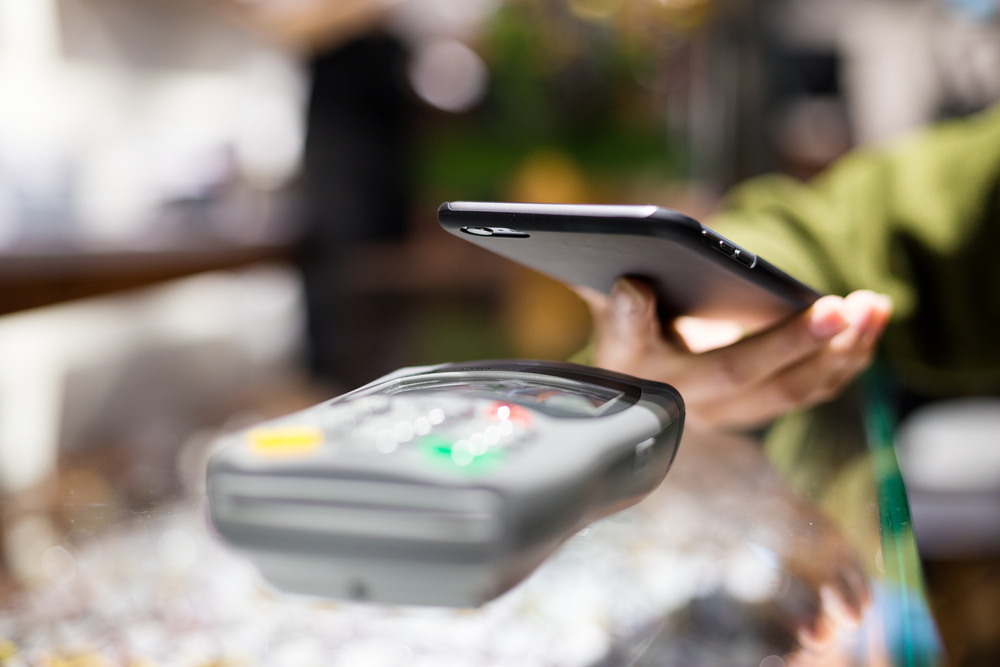Avoid falling victim to fraudsters in 4 steps
 Twenty-seven million Americans were the victims of phone scams in 2015, with a total loss of over $7.4 billion, according to one study.
Twenty-seven million Americans were the victims of phone scams in 2015, with a total loss of over $7.4 billion, according to one study.
These four steps will help you keep your personal information safe and avoid becoming a casualty:
Spot red flags. Certain language can be a tip-off that you’re being targeted for fraud, says Gayle Brooke, an Associate Vice President Compliance Officer with Independent Bank. Suspicious offers include anything for which you’re being “specially selected”; money you’ve won in a foreign lottery; requests for donations to unfamiliar charities; investment offers with low risk and higher returns than you can get anywhere else; pressure to respond quickly; and requests for your credit card information.
Know what to do. If you do get a call that interests you, ask lots of questions, advises Brooke, “and insist on complete responses.” Ask who is calling, and why. Ask why there’s a hurry on an offer. Ask why you have to pay if something is free. Ask why your account information is needed. And if you accidentally give out your financial information, report it to the Federal Trade Commission immediately and contact your financial institution for assistance.
Keep your phones safe. Register your home and mobile phone numbers with the National Do Not Call Registry. “If you still get calls, they’re probably from scammers,” says Brooke. “Hang up and report them at www.donotcall.gov.” The National Do Not Call Registry does not limit calls by political organizations, charities, or telephone surveyors, however, so all of these calls aren’t necessarily from scammers.
Be cautious online. Social media has made it easier for fraudsters to connect with people, particularly in “grandparent” scams. A perpetrator targets an older American, posing as a grandchild. “Don’t fall for it,” says Brooke. “Contact the family member directly.”





